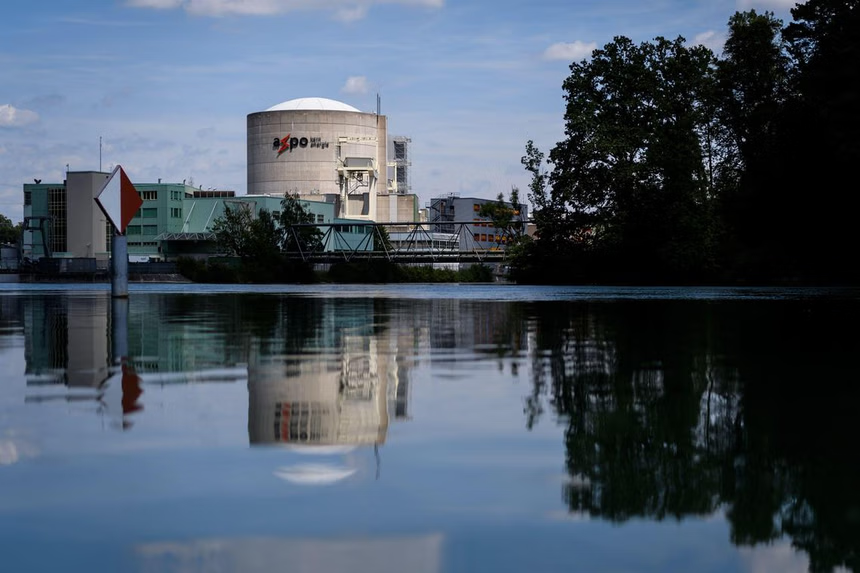Switzerland’s government said on Dec 20 it wanted to change the law to get around a 2018 ban on building more nuclear power stations to help guarantee the country’s energy needs.
“The aim is to keep nuclear energy open as an option for the long-term security of the Swiss energy supply,” said a statement from the Federal Council.
It has begun consultations with local authorities, political parties and unions, it added.
The idea was to have an alternative on hand in case renewable energies could not be expanded to the required extent and no climate-friendly alternatives were available.
The government explained its decision to go back on the ban on further nuclear development by referring to changed circumstances, including “Russia’s military aggression against Ukraine”.
It added: “The looming Europe-wide electricity shortage in 2022/23 has shown that Switzerland’s dependence on electricity imports in winter represents a risk.”
Developing renewable energy sources nevertheless remained a priority, it added.
The government’s position has already been rejected by the left, as well as anti-nuclear and environmental groups.
But it was welcomed by the country’s Association of Electricity Businesses.
The Swiss approved the gradual phase-out of nuclear power following a 2017 referendum, banning the construction of new power plants.
That law was the result of a long process initiated after the 2011 Fukushima nuclear accident in Japan, triggered by a tsunami.
But it still has four, ageing nuclear reactors in service.
Earlier this month, Switzerland announced that its oldest nuclear plant, Beznau, would be kept running until 2033, ignoring arguments from environmentalists that it should be shut down immediately. It began operating in 1969.
Beznau 2, which opened in 1971, will shut down in 2032.
The other two nuclear power plants, Goesgen and Leibstadt, came into service in 1979 and 1984 respectively.
Greenpeace has been campaigning for the two Beznau reactors to be shut down immediately. AFP
Source: The Straits Times


